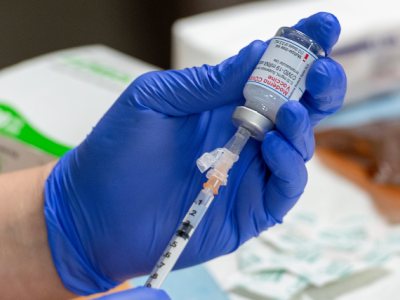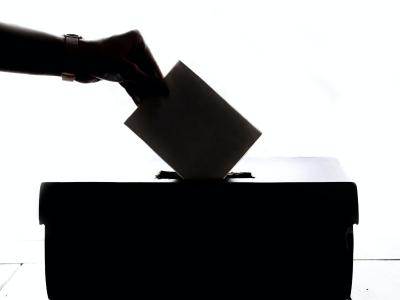In a new Probe Research survey of 1,200 Manitobans conducted for the Winnipeg Free Press and CTV Winnipeg, Manitobans were asked to gauge their level of support for privatizing four services that are currently delivered by publicly owned Crown corporations, including:
- Electricity and natural gas services (via Manitoba Hydro)
- Vehicle insurance (via Manitoba Public Insurance).
- Casino gambling and liquor sales (via Manitoba Liquor and Lotteries through its Casinos of Winnipeg and Liquor Marts brands, respectively).
Manitobans are most likely to oppose privatizing services delivered by Manitoba Hydro, with more than two-thirds in opposition to privately delivered power services. More than one-half are opposed to privatizing casino gambling operations and vehicle insurance. Manitobans are evenly split, however, regarding privatizing liquor sales, with near-equal proportions favouring (and opposed to) allowing private retailers to play a greater role in selling these beverages.
Generally, younger Manitobans are more open to privatization of all types of publicly owned and delivered services, with rural and northern Manitobans somewhat more open to privatizing energy distribution and vehicle insurance.
More than one-half of Progressive Conservative supporters favour privatizing liquor sales, while nearly one-half of Liberal and Green voters are in favour of this. Only three-in-ten NDP voters are supportive of privatizing liquor sales. PC supporters are also more likely to back privatizing vehicle insurance, casino gambling and energy distribution.
Methodology: Between August 13th and 24th, 2019, Probe Research conducted an online survey of N=1,200 Manitoba adults on behalf of the Winnipeg Free Press and CTV Winnipeg. Respondents to the survey were recruited from Probe Research’s proprietary online panel, as well as a national online panel. Minor statistical weighting has been applied to this sample to ensure that age, regional and gender characteristics properly reflect known attributes of Manitoba’s population based on 2016 Census data. The sample has also been weighted by voting behaviour based on the results of the 2016 provincial election. Because an online panel is a sample of convenience, no statistical margin-of-error can be ascribed. For the purposes of comparison, a probabilistic sample of N=1,200 would have a margin of error of ± 2.8 percentage points, 19 times out of 20.
Note: Media outlets reporting on these survey results must attribute them to the survey sponsors (the Winnipeg Free Press and CTV Winnipeg).



